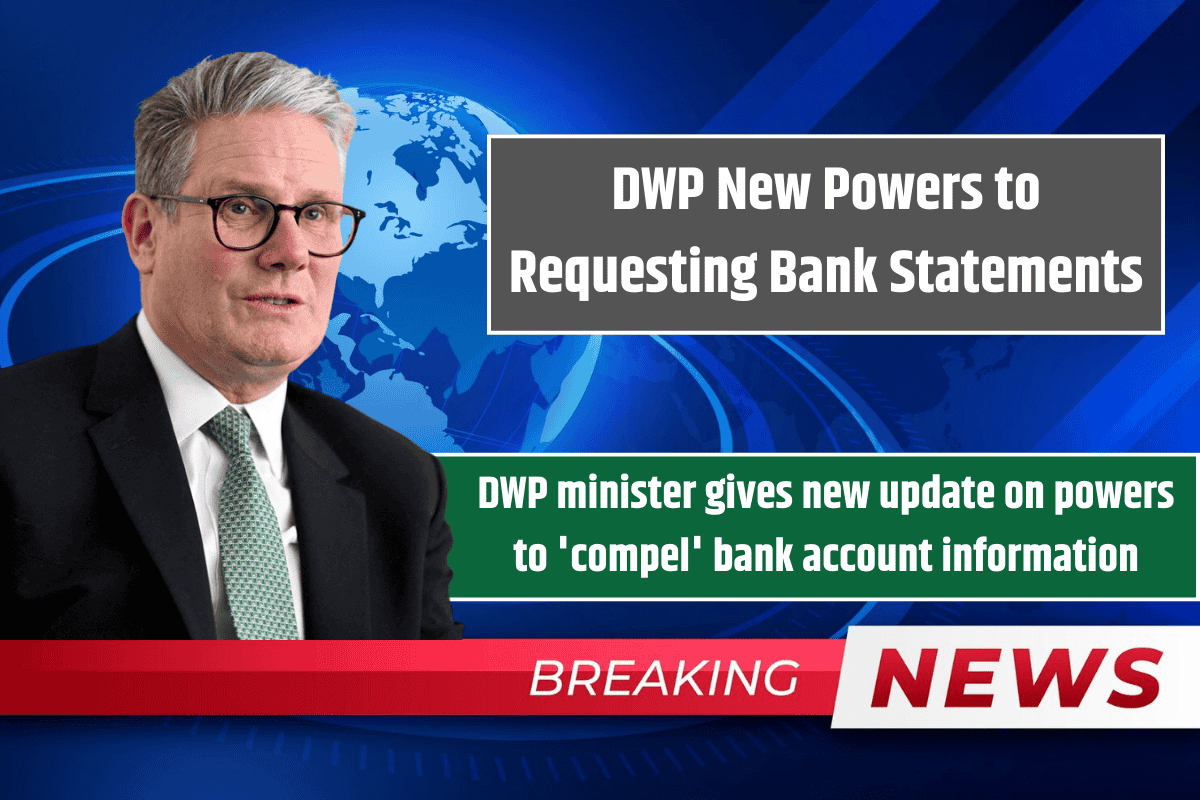The UK government is taking significant steps to tackle fraud and waste in public services. Recently, Andrew Western, the Work and Pensions Minister, discussed amendments to the Public Authorities (Fraud, Error and Recovery) Bill that would enhance the Department for Work and Pensions’ (DWP) ability to compel information for fraud investigations. These amendments aim to strengthen the law and ensure more effective handling of fraud cases in public services. Here’s an overview of the key points discussed in the recent developments.
Key Amendments to the Fraud Bill
Andrew Western outlined specific amendments in the Public Authorities (Fraud, Error and Recovery) Bill aimed at improving fraud investigations. These changes focus on empowering the DWP and the Public Sector Fraud Authority (PSFA) to access necessary data and compel certain information, like banking and employment records, as part of their investigations. Although this kind of information request is not new for the DWP, these amendments formalize and clarify the process.
Western emphasized that safeguards are in place, such as exemptions for confidential or journalistic material. This ensures that while critical information can be accessed to support investigations, privacy is still respected where needed.
Handling Evidence and Coordination with Law Enforcement
One of the key changes introduced by the government amendments is the establishment of a clear framework for handling seized evidence. According to Western, these amendments will streamline how evidence collected by the DWP and PSFA is transferred to the relevant law enforcement bodies like the National Crime Agency (NCA) or the Serious Fraud Office (SFO). This will help ensure that evidence is handled by the agency best suited to deal with specific types of fraud.
Ensuring Legal Compliance
During the debate, Labour MP Ian Lavery raised concerns about the potential impact of the bill on the Human Rights Act, particularly its secrecy provisions. Western assured the House that the government had considered legal obligations carefully and ensured that the bill does not violate any part of the Human Rights Act. This reassurance was important for maintaining public trust in the fairness of the bill.
Long-Term Impact of the Bill
The government views these changes as part of a long-term strategy to combat fraud effectively. Western mentioned that while the bill is expected to recover £1.5 billion in fraud-related losses, it is part of a broader plan to save £9.6 billion in the long run. He stressed that these changes would allow the Public Sector Fraud Authority to become more efficient over time, leading to even greater savings and a reduction in fraud.
Opposition and Criticism
While the government remains committed to tackling fraud, there has been some criticism of the bill’s effectiveness. Sir David Davis, a former Tory minister, questioned whether the bill would achieve its intended results, pointing out that the government’s own assessment of the bill estimates that only 1.8% of the losses would be recovered. In response, Western acknowledged this concern but maintained that the broader fraud-fighting measures would lead to greater savings in the future.
The Public Authorities (Fraud, Error and Recovery) Bill marks a significant move by the UK government to strengthen the fight against fraud in public services. With amendments allowing greater access to crucial information, improved handling of evidence, and a focus on long-term savings, the bill is designed to have a lasting impact on reducing fraud. However, critics have raised concerns about its effectiveness, and only time will tell how much of the estimated savings will be realized.
FAQs
What is the Public Authorities (Fraud, Error and Recovery) Bill?
The Public Authorities (Fraud, Error and Recovery) Bill is a UK government initiative aimed at strengthening fraud investigations and recovery efforts within public services. It includes amendments to enable agencies like the Department for Work and Pensions (DWP) and the Public Sector Fraud Authority (PSFA) to access key information for fraud investigations.
How do the amendments in the Fraud Bill help in fraud investigations?
The amendments enable the DWP and PSFA to compel access to specific types of information, such as banking records or employment history, to assist in fraud investigations. These powers are designed to be scalable and help in recovering significant amounts of lost public funds.
Will the new amendments violate the Human Rights Act?
The government has assured that the amendments to the Fraud Bill comply with all legal obligations, including the Human Rights Act. They have taken steps to ensure that privacy and confidentiality are protected, particularly with regard to excluded and journalistic materials.
How much is the government expected to recover through the Fraud Bill?
The government expects to recover approximately £1.5 billion through the measures in the Fraud Bill. This is part of a larger strategy aimed at saving £9.6 billion over time by reducing fraud in public services.




